There are many materials suitable for CNC processing. To find a suitable material for the product, it is restricted by many factors. A basic principle that needs to be followed is: the performance of the material must meet the various technical requirements of the product and the environmental use requirements. When choosing the material of mechanical parts, the following 5 aspects can be considered.
1. Is The Rigidity of The Material Sufficient
Rigidity is the primary consideration when selecting materials, because the product requires a certain degree of stability and wear resistance in actual work, and the rigidity of the material determines the feasibility of the product design. According to the characteristics of the industry, 45 steel and aluminum alloy are usually selected for non-standard tooling design; 45 steel and alloy steel are used more for tooling design for machining; aluminum alloy is mostly used for tooling design in the automation industry.
2. How Stable Is The Material
For a product that requires high precision, if it is not stable enough, various deformations will occur after assembly, or it will be deformed again during use. In short, it is constantly deforming with changes in the environment such as temperature, humidity and vibration. For the product, it’s a nightmare.
3. What Is The Processing Performance Of The Material
The processing performance of the material means whether the part is easy to process. Although stainless steel is anti-rust, stainless steel is not easy to process, its hardness is relatively high, and it is easy to wear the tool during processing. Processing small holes on stainless steel, especially threaded holes, is easy to break the drill bit and tap, which will lead to very high processing costs.
4. Anti-rust Treatment of Materials
Anti-rust treatment is related to the stability and appearance quality of the product. For example, 45 steel usually chooses “blackening” treatment for anti-rust, or the parts are painted and sprayed, and can also be protected by sealing oil or anti-rust liquid during use according to the requirements of the environment… anti-rust There are many processing techniques, but if none of the above methods are suitable, the material must be replaced, such as stainless steel. In any case, the rust prevention problem of the product cannot be ignored.
5. How About The Material Cost
Cost is an important consideration in choosing materials. Titanium alloys are light in weight, high in specific strength, and good in corrosion resistance. They are widely used in automotive engine systems and play an inestimable role in energy saving and consumption reduction. Although titanium alloy parts have such superior performance, the main reason that hinders the widespread application of titanium alloys in the automotive industry is the high cost. If you don’t really need it, go for a cheaper material.
There are many materials suitable for CNC machining. Here are some common materials used for machined parts and their key characteristics:
Aluminum 6061
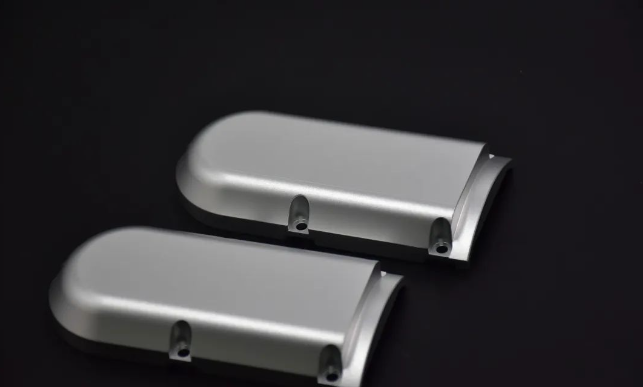
This is the most commonly used material for CNC machining, with medium strength, good corrosion resistance, weldability, and good oxidation effect. However, aluminum 6061 has poor corrosion resistance when exposed to salt water or other chemicals. It is also not as strong as other aluminum alloys for more demanding applications and is commonly used in automotive parts, bicycle frames, sporting goods, aerospace fixtures, and electrical fixtures.
Aluminum 7075
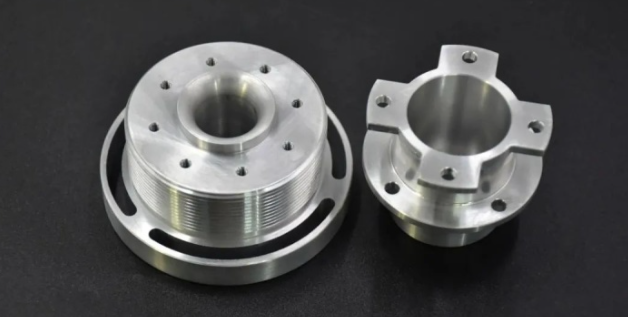
Aluminum 7075 is one of the highest strength aluminum alloys. Unlike 6061, aluminum 7075 has high strength, easy processing, good wear resistance, strong corrosion resistance, and good oxidation resistance. It is the best choice for high-strength entertainment equipment, automobiles and aerospace frames. Ideal choice.
Copper
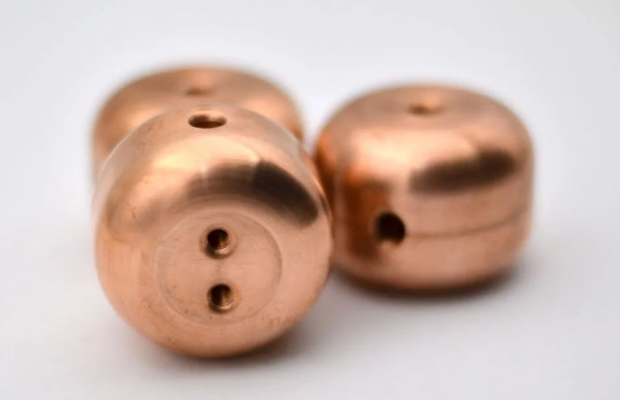
The electrical and thermal conductivity of pure copper (also known as copper) is second only to silver, and it is widely used in the production of electrical and thermal equipment. Copper has good corrosion resistance in the atmosphere, sea water and some non-oxidizing acids (hydrochloric acid, dilute sulfuric acid), alkali, salt solution and various organic acids (acetic acid, citric acid), and is often used in the chemical industry.
Brass
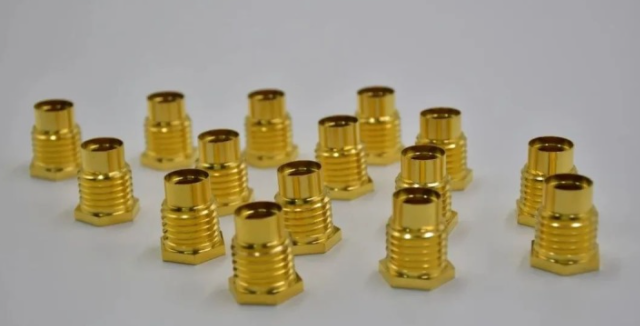
Brass has the advantages of high strength, high hardness, chemical corrosion resistance, easy processing, etc., and has excellent electrical conductivity, thermal conductivity, ductility, and deep drawability. It is often used in the manufacture of valves, water pipes, connecting pipes for internal and external air conditioners and Radiators, punched products of various complex shapes, small hardware, various parts of machinery and electrical appliances, stamped parts and musical instrument parts, etc. There are many types of brass, and its corrosion resistance decreases with the increase of zinc content.
Stainless Steel 303
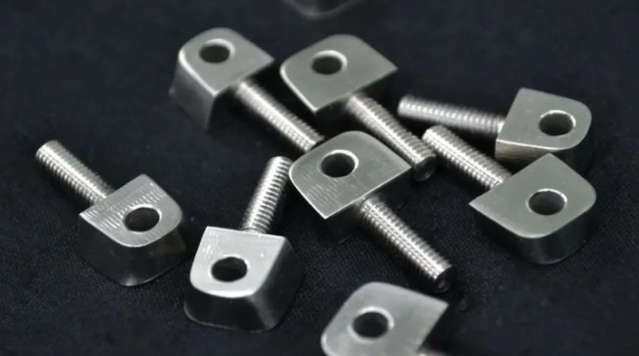
303 stainless steel has good machinability, burning resistance and corrosion resistance, and is used in occasions requiring easy cutting and high surface finish. Commonly used in stainless steel nuts and bolts, threaded medical devices, pump and valve parts, etc. However, it should not be used for marine grade fittings.
Stainless Steel 304
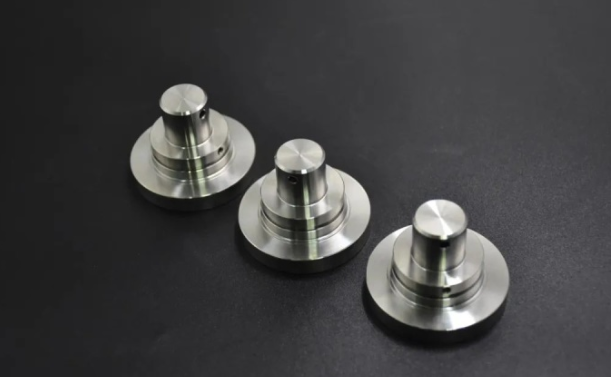
304 is a versatile stainless steel with good processability and high toughness. It is also more resistant to corrosion in most normal (non-chemical) environments and is an excellent material choice for use in industry, construction, automotive trim, kitchen fittings, tanks and plumbing.
Stainless Steel 316
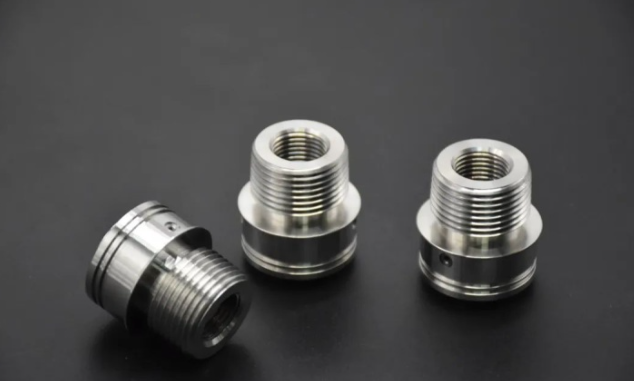
316 has good heat resistance and corrosion resistance, and has good stability in chlorine-containing and non-oxidizing acid environments, so it is generally considered a marine grade stainless steel. It’s also tough, welds easily, and is often used in construction and marine fittings, industrial pipes and tanks, and automotive trim.
45 # Steel
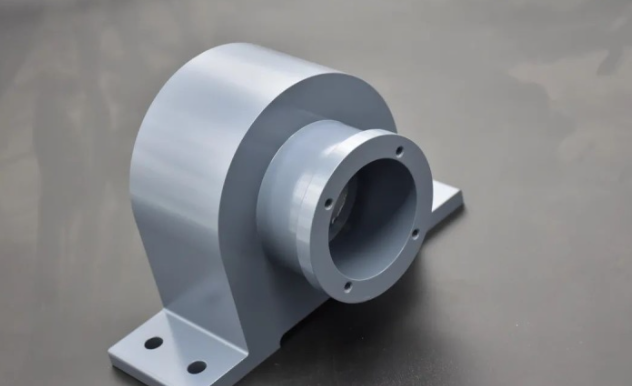
High-quality carbon structural steel is the most commonly used medium carbon quenched and tempered steel. 45 steel has good comprehensive mechanical properties, low hardenability, and is prone to cracks during water quenching. It is mainly used to manufacture high-strength moving parts, such as turbine impellers and compressor pistons. Shafts, gears, racks, worms, etc.
40Cr steel
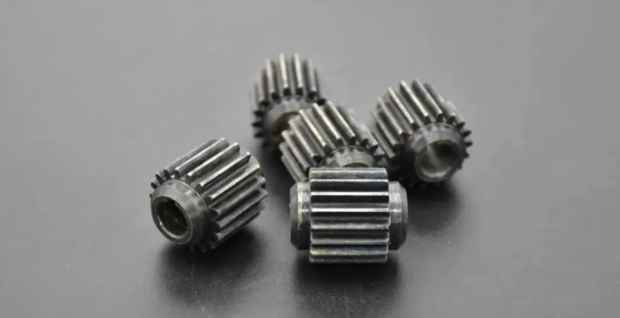
40Cr steel is one of the most widely used steels in machinery manufacturing industry. It has good comprehensive mechanical properties, low temperature impact toughness and low notch sensitivity. After quenching and tempering, it is used to manufacture parts with medium speed and medium load; after quenching and tempering and high-frequency surface quenching, it is used to manufacture parts with high surface hardness and wear resistance; after quenching and tempering at medium temperature, it is used to manufacture heavy-duty, medium-speed parts Impact parts; after quenching and low-temperature tempering, it is used to manufacture heavy-duty, low-impact, and wear-resistant parts; after carbonitriding, it is used to manufacture transmission parts with larger dimensions and higher low-temperature impact toughness.